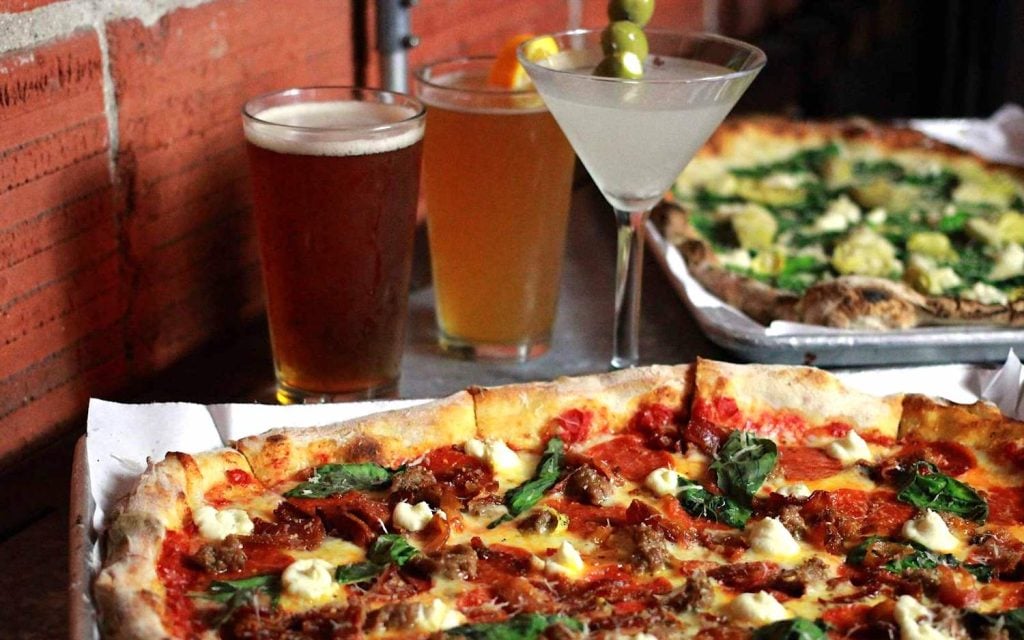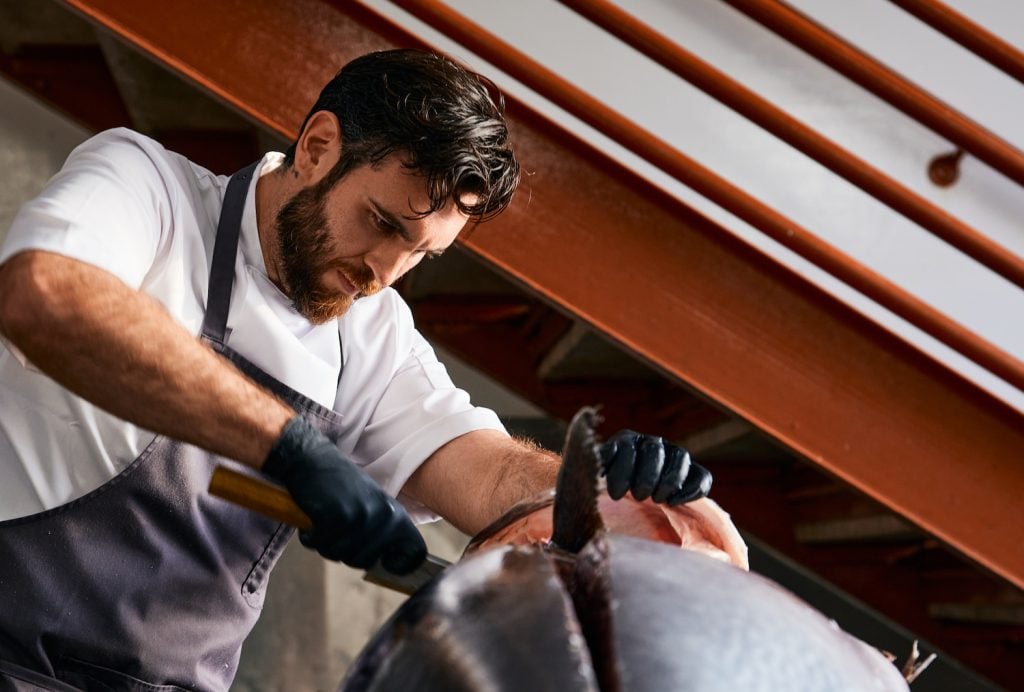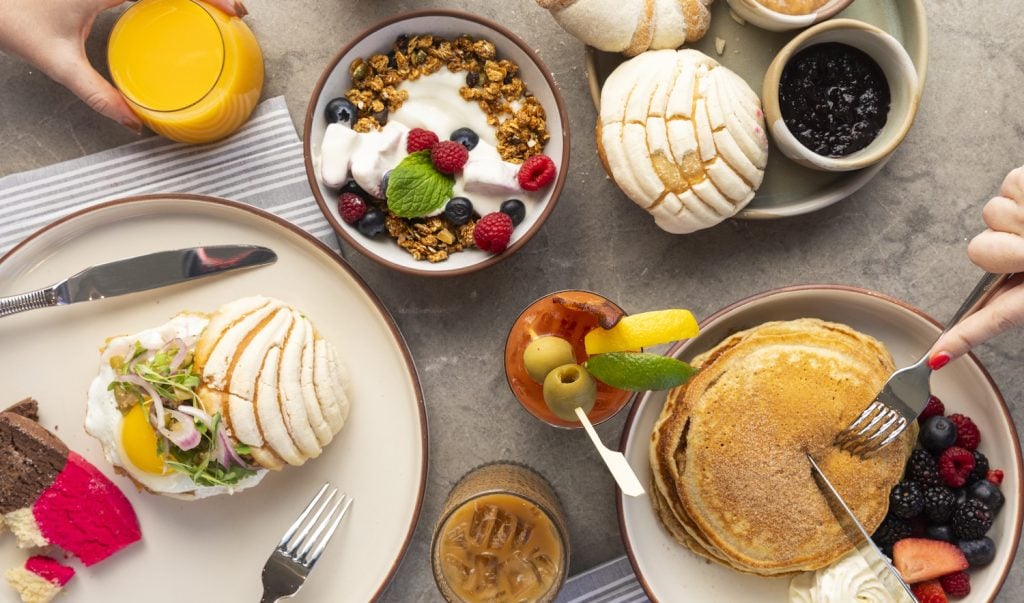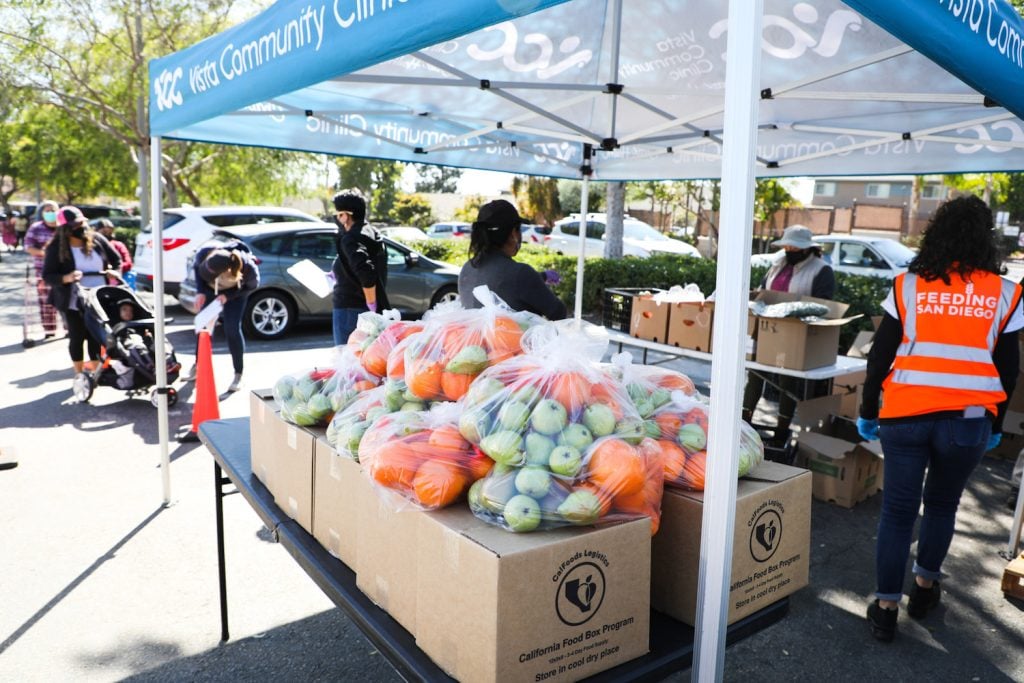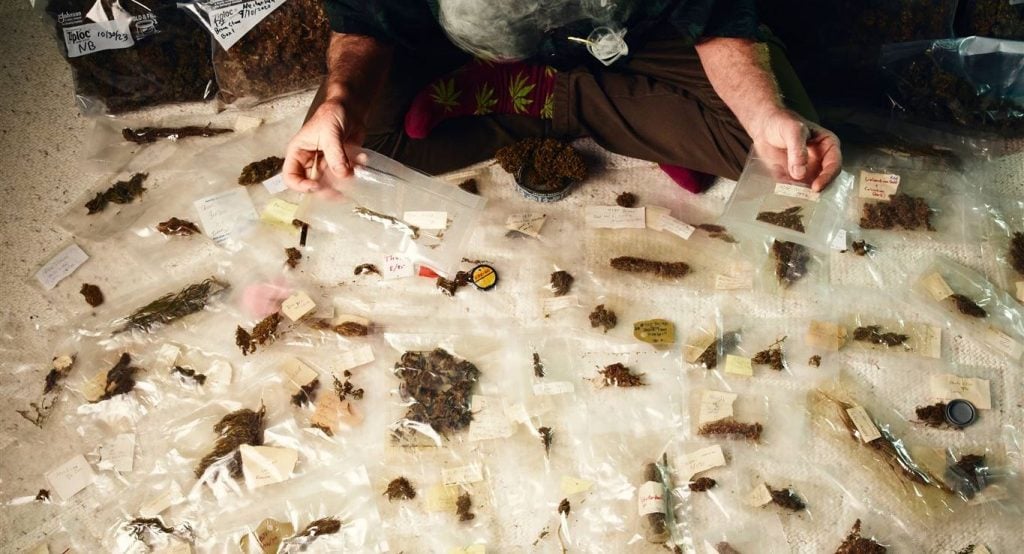
“You can’t put forks in my family’s oven because of the sparks.”— Troy Johnson, age 3
I was raised by a single mom and a microwave. Our oven was decorative. For the first 30 years of my life I was part person, part carne asada burrito.
These facts probably explain why I never wanted to write about food. I was forced into it 14 years ago when the US economy stalled and eventually went up in smoke in the middle of my career. Up until that time, I’d written about hip-hop and indie rock and folk music about rivers sung by people with beards. I was very precious about “art.”
When the Great Recession hit, it knocked the precious right out of me. Advertisers took their money into escape rooms, pulling out of every media outlet. The two TV shows I was hosting at the time—an underground music show called Fox Rox, and a largely awkward pregame show for the San Diego Padres called Outta Left Field—were canceled in the same week. Overnight, I lost 70% of my income.
So I dove back into the magazine world, applied for a job at an upmarket publication. I was told I’d have to oversee the food section. The only food writing I’d read felt like someone had used a grocery list for a poetry class experiment. I thought food writing was out of touch with how the rest of us lived; just so much enthusiastic chatter about microgreens.
But I needed a job. So I lied and said I loved food writing. In my tiny apartment in Golden Hill, I surrounded myself with dozens of books—food encyclopedias, memoirs by Gael Greene and Bill Buford and Bourdain, Harold McGee’s scientific classic, On Food and Cooking. I wrote down every insight, every term, and every fact on flash cards. Thousands of them.
I smoked back then. For two years, my coffee table was ashtrays and index cards with, say, the names of the French mother sauces. To this day, I can name the national dish of Jamaica (saltfish and ackee) thanks to those cards. I poked my head in just about every kitchen in San Diego, talked to chefs, tasted and tasted and tasted, shut up and listened, learned. I went to culinary homeschool.
I even started cooking. The day inspiration struck, I tried to make do with what I had in my kitchen. I found spaghetti. Didn’t have marinara, so I decided to pour a can of V8 vegetable juice into a pan and “reduce” it. I’d heard reducing was a good way to cook. To be fancy, I sautéed a piece of frozen tilapia and put it on top. That single meal set cooking back 2,000 years. I found out pretty quickly I was wrong about food. Instead of pretense, I mostly found gritty, creative people who cared deeply about making something with their hands, about feeding strangers, and hosting them in welcoming places. What I discovered was that beneath each dish was a taproot of deeper stories—about agriculture, ecology, economy, history, politics, wars and peaces, migration, socioeconomics, religious customs. Food is the portal to intersecting global narratives, and restaurants are the theaters where those stories play out.
Eventually, I kind of figured out what I was doing. I’m still figuring it out, and always will be. I learned to cook, speak the language. Point is, my love of food culture was a reluctant one. And that kind of love tends to stick. This issue is dedicated to the local people behind the restaurants that help me keep that love alive. And spark it in others.
As for mom, whenever someone asks her why I got into food and cooking, she replies, “Self-defense.”
A Note About Transparency
As I have for 11 years, I chose this year’s critic’s picks for “Best Restaurants.” What’s different this year is my wife Claire and I own the magazine. It’s a valid concern that someone with a financial interest in a media company would be motivated to select its advertisers as winners. All I can say is: I didn’t and I won’t. I trust that our advertisers support us because they believe in what we do and who we are. When Claire and I decided to take over SDM, we asked ourselves if I could continue in my role as food writer. We decided I could because I would never lie to our audience. That’s not who we are. Thanks for your trust.
